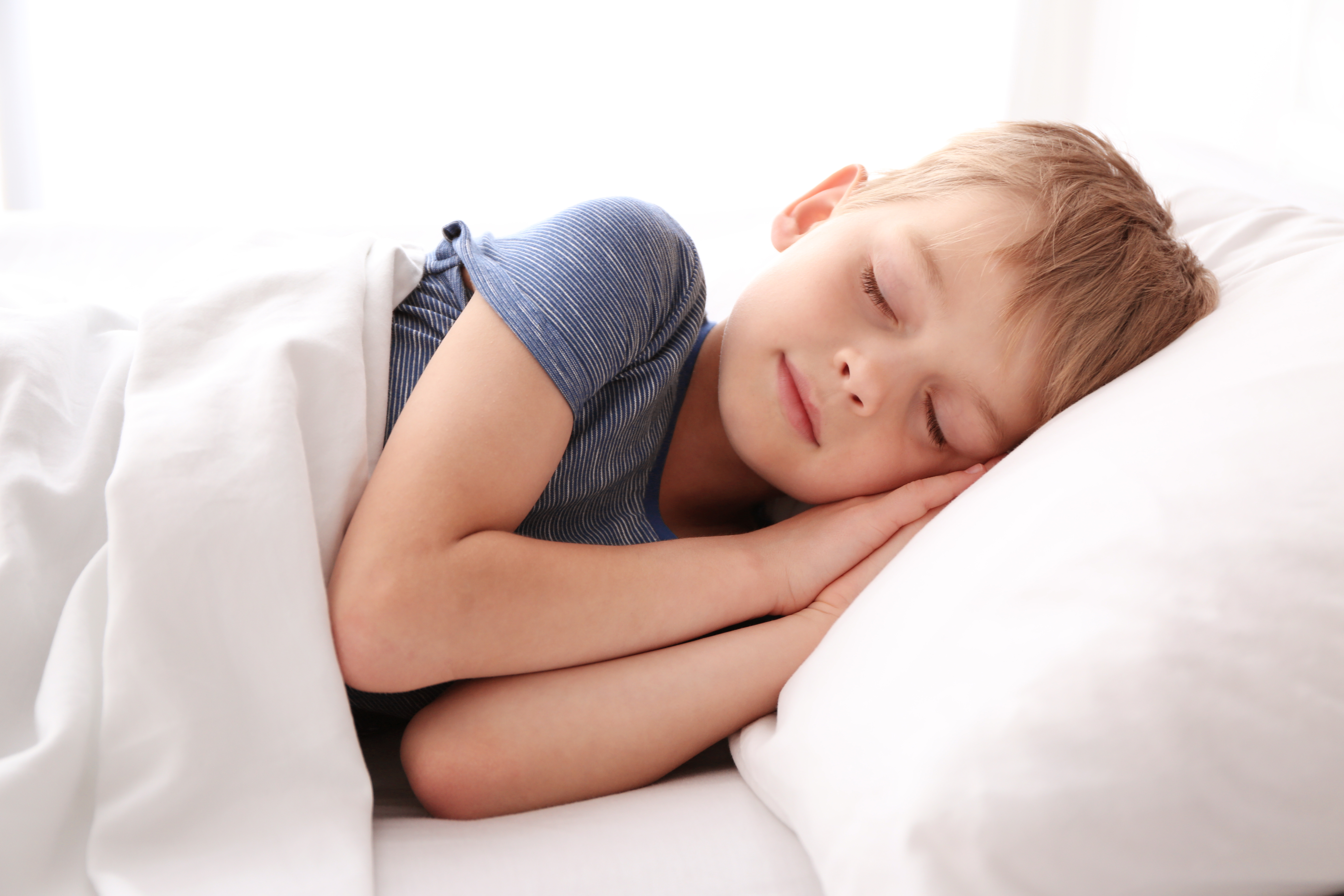Sleep during childhood
Publicado em 29/01/2020

Sleep in infants, children and teenagers is different from adults, especially when it comes to sleeping hours. As we age, we need fewer hours of sleep to live well. Newborns sleep 16 hours a day, divided into 8 naps over 24 hours, while school-age children sleep approximately 12 hours during the night. Teenagers need to sleep 9 hours every night. Interferences in the quantity or quality of sleep will have consequences like hyperactivity, attention deficit, aggressiveness, sleepiness during the day, low immunity, delayed growth, problems in intellectual development, and learning difficulties.
Sleeping fewer hours than necessary and obstructive sleep apnea are the most frequent issues in children. The lifestyle in big cities, time spent in traffic, excessive activities and too much consumption of electronic devices are the main factors affecting sleeping hours in children and teenagers. It is important for parents and teachers to establish limits and priorities, emphasizing that having a regular sleep schedule from Monday through Sunday, as well as avoiding exposure to screens, caffeine consumption and physical exercise at night, are all important for a healthy growth and development.











